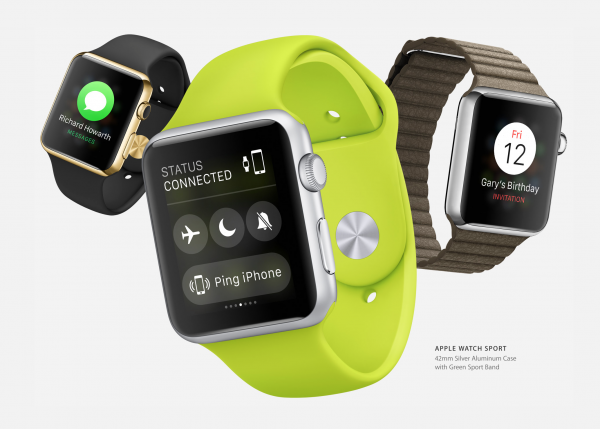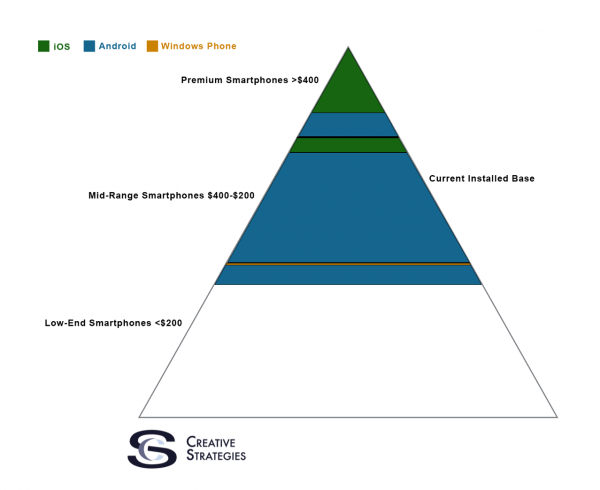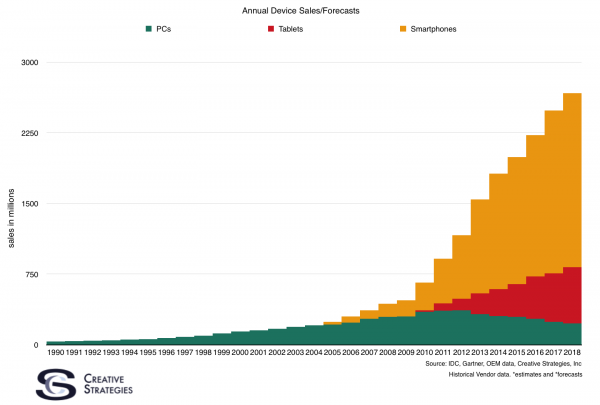A security writer, loyal Android user, and self-proclaimed Apple-hater, Lorenzo Franceschi-Bicchierai, explains why he's saying goodbye to Android:
Google still has very little control over software updates, and Android users are basically at the mercy of their carriers and phone manufacturers when it comes to getting updates or new operating system versions. For example, it took Sony more than six months to push Android 5.0 Lollipop to its new line of Xperia Z phones, despite the fact that it had promised for a much shorter turnaround after Lollipop was released by Google. Just for comparison’s sake, when Apple released iOS 8 in September of last year, it immediately became available for all iPhone users, even those with an 2011 iPhone 4S.
As security expert Cem Paya put it, that was a conscious decision Google made when it created Android. Paya called it a Faustian deal: “cede control over Android, get market-share against iPhone.” Basically, Google was happy to let carriers put their bloatware on their Android phones in exchange to having a chance to fight Apple for in the mobile market. The tradeoff was giving carriers and manufacturers control over their Android releases, leaving Google unable to centrally push out operating system updates.
Some carriers and manufacturers are better than others, it’s true, but they all pretty much suck when it comes to pushing updates. There really isn’t a better way to put it.
As security researcher Nicholas Weaver put it in a (now deleted) tweet, ”Imagine if Windows patches had to pass through Dell and your ISP before they came to you? And neither cared? That is called Android.”
Some people look at the mobile landscape as a battle of brands/fanboys: Google vs. Apple.
Some people look at it as a battle of ideals: open vs. proprietary.
But really what it boils down to is a battle of execution. With a closed, proprietary system, Apple is able to execute their vision faster than anyone else. When Google wants to push security updates or new features to all Android users, they simply can't.


